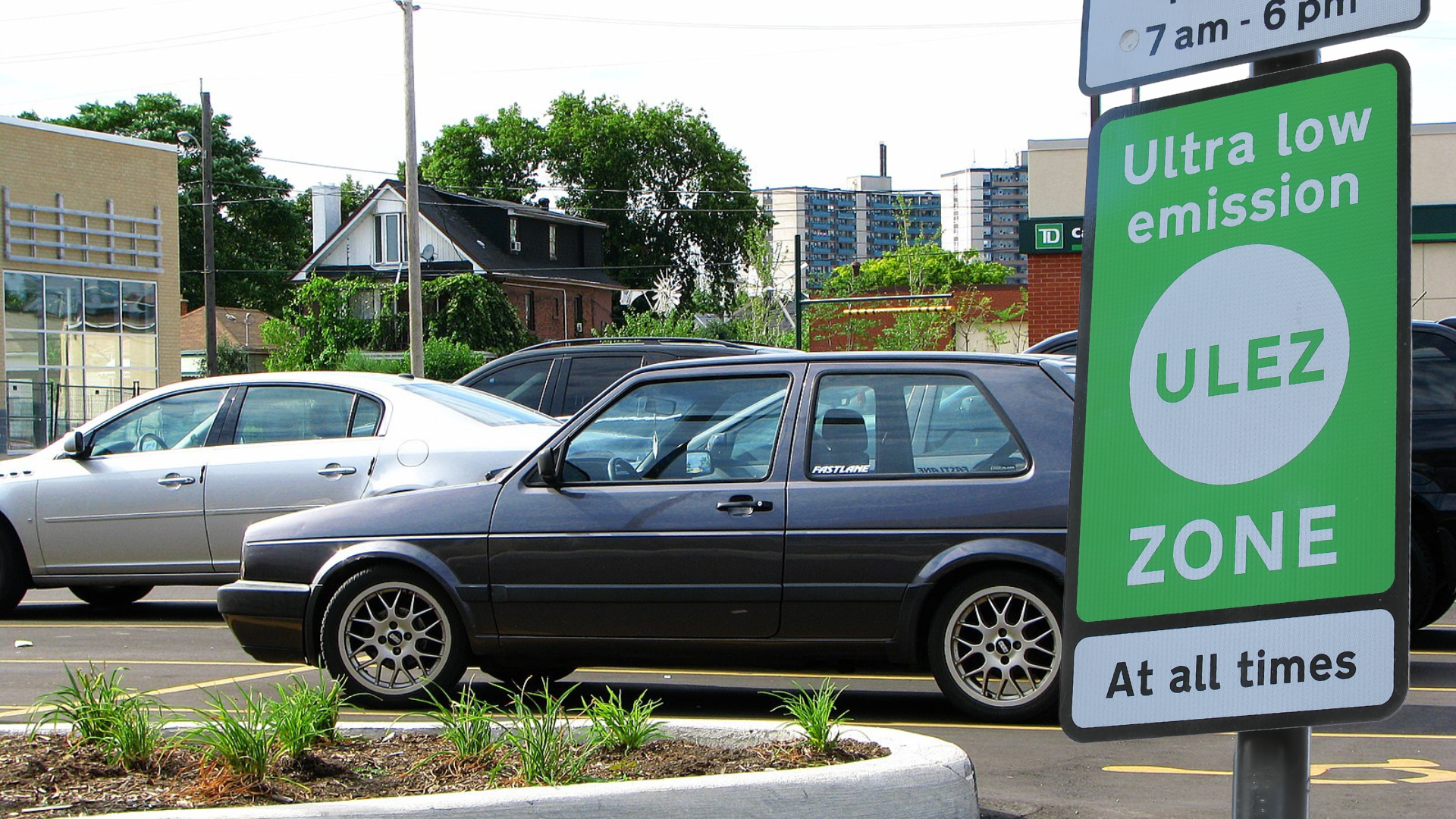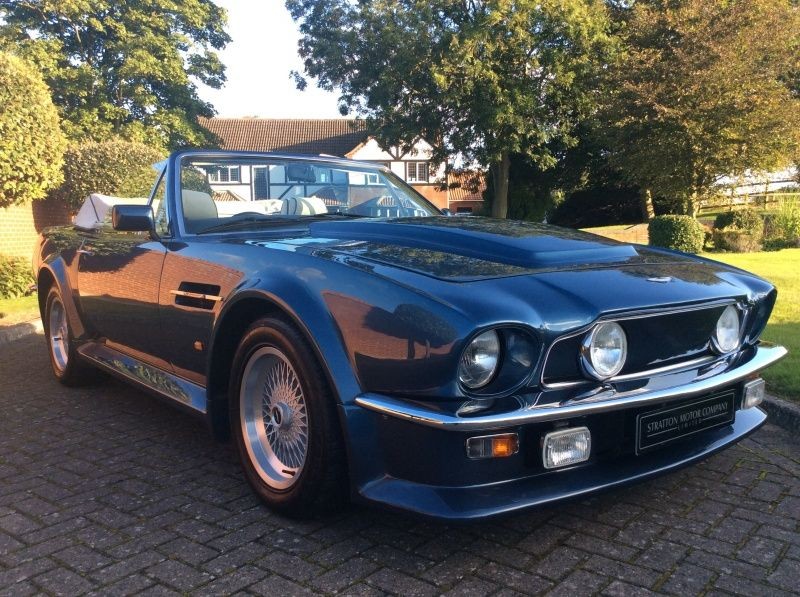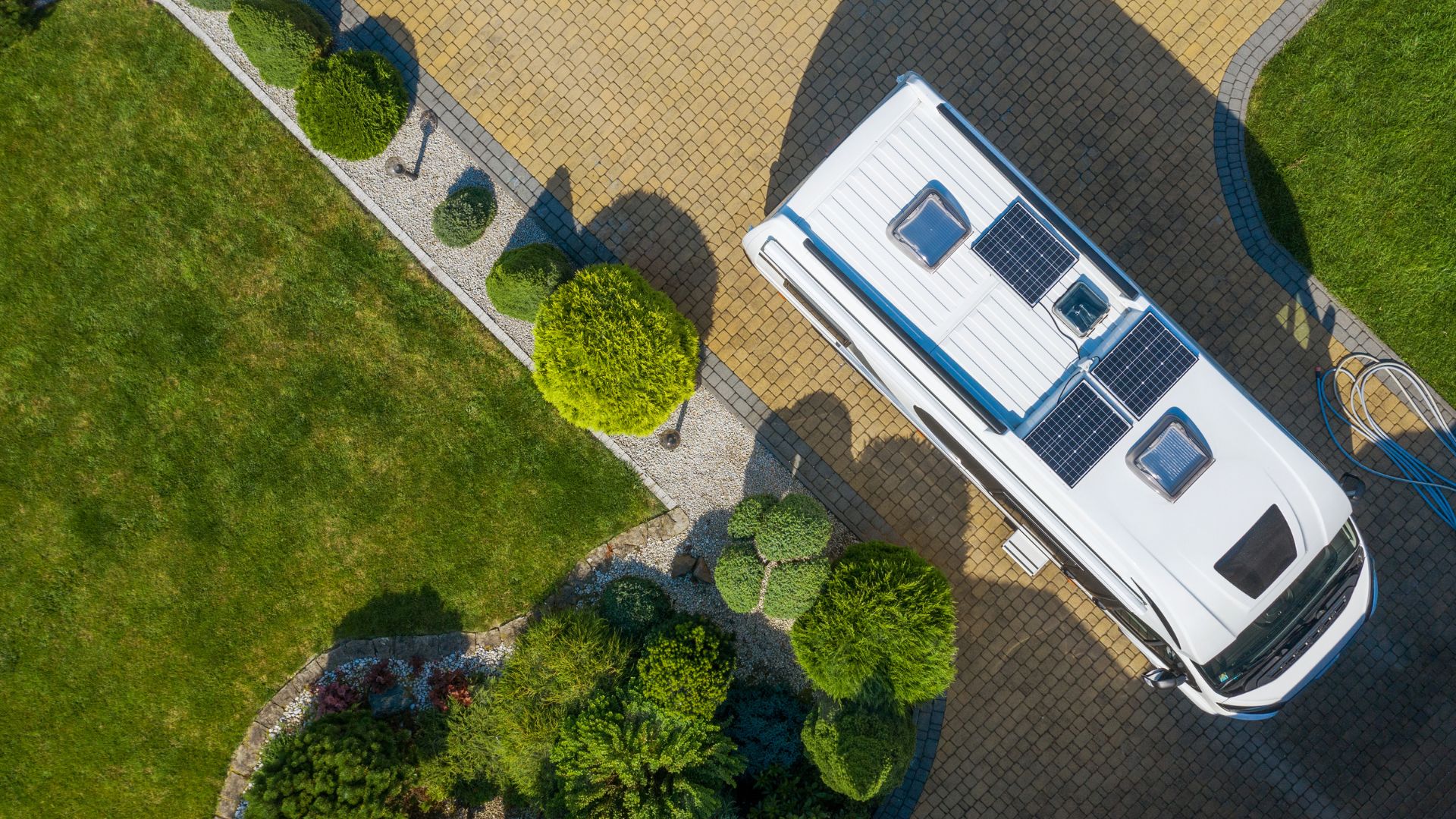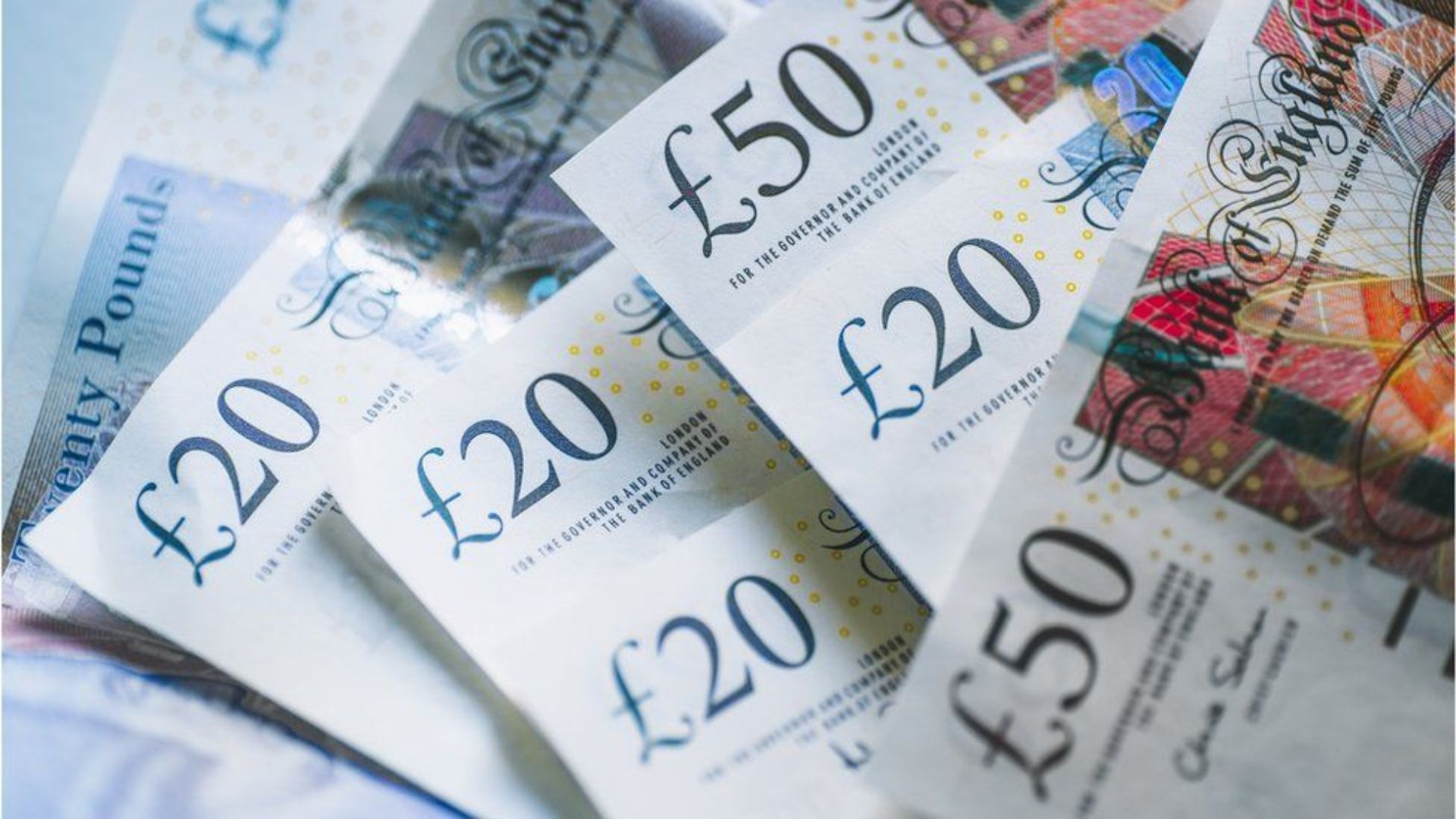When it comes to classic cars, they are likely one of the most prized possessions of their passionate owners. Why else would they choose to keep them alive otherwise? Ensuring they are adequately insured is important; while one hopes never to need to claim, protection is vital.
What’s classed as a classic car?
This one can seem confusing, with different rules in different circles. Vehicles over 25 years old used to be classified as tax-exempt as classics. This was altered and changed to vehicles over the age of 40 in 2014. This is because cars became more reliable.
MOT exemption for classic cars also comes in at the age of 40. Insurance, however, differs, with many cars over 15 years old that are driven less than 5,000 miles per year, used as a second car qualifying.
Some of the restrictions on classic car insurance include:
- The classic must not be your only car.
- Annual mileage should be below 5,000 miles.
- The car must be at least 15 years old.
- The car should be worth £15,000 minimum.
- The car must be stored in a garage or a lock-up
- You usually need to be aged 25 or older to apply for classic car insurance.
This differs between insurers, so you need to do your research with providers to ensure this is the case for the company you opt for.
Why is classic car insurance cheaper?
Insuring a classic car can be cheaper because you are less likely to have to claim on the policy. This is largely down to the fact that classic cars are treasured possessions, driven low miles with more care.
Historical data shows that classic cars tend to be driven in good weather and are usually stored in a safe and secure location when not in use, such as a locked garage.
Do I need insurance if my classic car is off the road?
Of course, if a car is declared SORN, you don’t technically need to insure it provided it is off the road. Failing to insure the vehicle will leave it at risk, though should anything happen to it. Classic cars are a love affair, so the question you should ask yourself is could you afford to lose it to unexpected events such as free, theft, or damage?
Insurance offers peace of mind, weigh up the benefits against the cost of keeping the vehicle insured and make the best decision for you.
Will modifications affect the insurance premium?
As with all insurance policies, modifications should be declared to your insurer. Whether or not the premium increases will be down to your insurer. Generally, anything that upgrades the performance of the vehicle will likely see a premium increase.
Insurers of classics can be more sympathetic towards modifications on classics as they can be made to preserve the condition of a car or make it safer.
How does the insurance company decide the value of the vehicle?
In the event of a claim, the insurer will need to pay out as they would with any insurance policy. Classic cars are more tricky than modern vehicles, with less data on their values for the insurers to draw from.
Prices can fluctuate greatly with classic cars depending on the market, the car may have expensive modifications, or the vehicle could be rare and difficult to measure the value of.
Because of this, it is common for insurers to ask you to commit to an ‘agreed valuation’. This is the amount you will receive in the event of a total loss minus any policy excess.
You should conduct your own research and be aware of the valuation of your vehicle prior to insuring it and agreeing on an agreed valuation. Try contacting specialist car clubs and owners’ groups to see if they can advise or reach out to a vehicle valuation expert.
With prices fluctuating, you should also consider updating this price if necessary, when you renew each year to ensure the amount is still correct.
If you’re looking for classic car insurance you can use comparison sites to try and save some money, or try joining a specialist car club as they often get discounts for their members.







Leave A Comment